Neuroscience
-
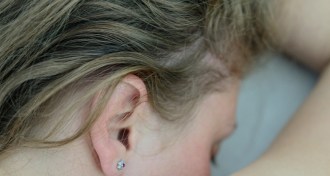 Neuroscience
NeuroscienceOur brains sort words as we sleep
Even after nodding off, a person’s brain correctly sorts words into categories, adding to the achievements of the sleeping brain.
-
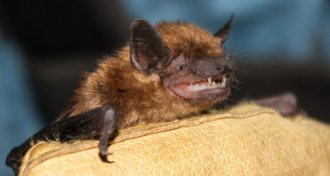 Neuroscience
NeuroscienceTo study attention, pay attention to bats
Studying how bats’ brains find prey using echolocation could have implications for the way human brains pay attention.
-
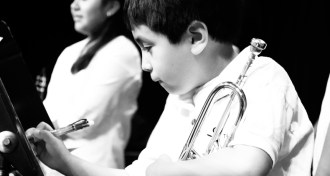 Neuroscience
NeuroscienceChildren’s brains shaped by music training
After two years of an enrichment program, children’s brains showed more sophisticated response to spoken syllables.
-
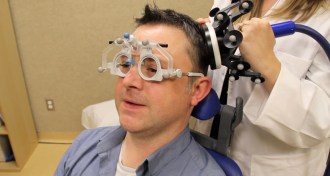 Neuroscience
NeurosciencePulses to the brain bring memory gains
The ability to associate faces with words is boosted when an outer part of the brain is stimulated, a study shows.
-
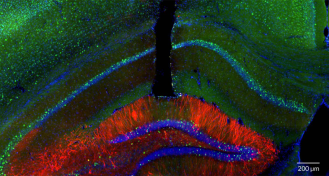 Neuroscience
NeuroscienceLaser light rewrites memories in mice
Mouse experiment demonstrates that good memories can be transformed into bad ones, and vice versa.
-
 Tech
TechTo have a sound mind, a brain needs a body
Replicating human intelligence in robots requires the right materials for brain-body-environment interactions.
-
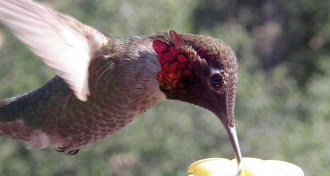 Animals
AnimalsHummingbirds evolved a strange taste for sugar
While other birds seem to lack the ability to taste sugar, hummingbirds detect sweetness using a repurposed sensor that normally responds to savory flavors.
-
 Animals
AnimalsDolphins and whales may squeal with pleasure too
Dolphins and whales squeal after a food reward in about the same time it takes for dopamine to be released in the brain.
-
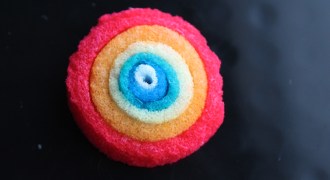 Neuroscience
NeuroscienceNeurons in silk scaffold mimic behaviors of a real brain
Proteins of silkworm cocoons can form the scaffold for a three-dimensional model of a brain.
-
 Neuroscience
NeuroscienceProsthesis uses swinging arms to tell legs when to step
Device creates artificial neural connection that could help paralyzed people walk.
-
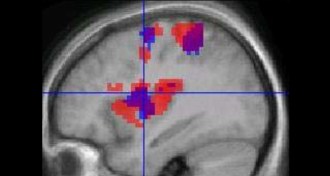 Neuroscience
NeuroscienceBusy neurons don’t always draw blood
Study of mice suggests caution in inferring the activity of the brain’s neurons from functional MRI results.
-
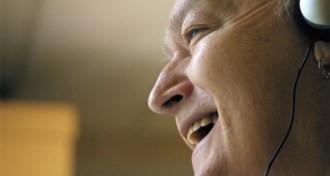 Neuroscience
NeuroscienceMusic soothes the aging brain in film ‘Alive Inside’
A social worker highlighted in a new documentary goes on a quest to bring tunes to nursing homes.